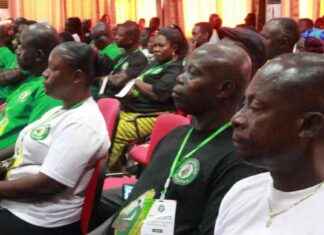Energy poverty was already a problem in winter. This is now also the case in summer. In a new study published Monday, June 26, relayed by France Info, the Abbé Pierre Foundation warns of this new danger: in 2022, 59% of French people suffered from heat in their homes for at least twenty-four hours.
This new form of poor housing affects more the most precarious people living in city apartments, the elderly as well as young adults. “The 5.2 million thermal colanders that cannot be heated in winter turn into energy kettles that cannot be cooled in summer,” the study said. A phenomenon amplified by global warming and increasingly frequent extreme heat waves.
This precariousness can have “health, social, economic and environmental consequences”, points out the Abbé Pierre Foundation. Economical, as “cooling efforts using showers or appliances can result in high water and energy bills.” Ecological, because air conditioning is often a response to these heat peaks. But it is “a false solution”, continues the study, air conditioning being responsible for nearly 5% of CO2 equivalent emissions in the building sector, alerted Ademe, the ecological transition agency. Sanitary and social, because high temperatures can cause sleep dysregulation, the development or aggravation of pathologies, blood circulation problems, loss of autonomy or dehydration.
In order to respond to this problem, the Abbé Pierre Foundation offers two solutions. The first is bioclimatic architecture, which would make it possible to regulate the temperature of buildings, the greening of cities, the obligation for social landlords to install solar protection, or the development of aid allowing households to cope with the increase in bills. It also pleads for better consideration of the concept of summer comfort in French legislation.






